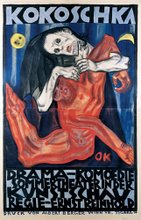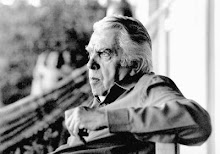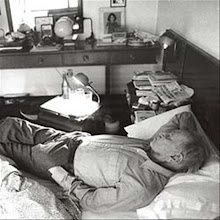Capitalism is a system in which goods and services, down to the most basic necessities of life, are produced for profitable exchange, where even human labour-power is a commodity for sale in the market, and where all economic actors are dependent on the market. This is true not only of workers, who must sell their labour-power for a wage, but also of capitalists, who depend on the market to buy their inputs, including labour-power, and to sell their output for profit. Capitalism differs from other social forms because producers depend on the market for access to the means of production (unlike, for instance, peasants, who remain in direct, non-market possession of land); while appropriators cannot rely on 'extra-economic' powers of appropriation by means of direct coercion - such as the military, political, and judicial powers that enable feudal lords to extract surplus labour from peasants but must depend on the purely 'economic' mechanisms of the market. This distinct system of market dependence means that the requirements of competition and profitmaximization are the fundamental rules of life. Because of those rules, capitalism is a system uniquely driven to improve the productivity oflabour by technical means. Above all, it is a system in which the bulk of society's work is done by propertyless labourers who are obliged to sell their labour-power in exchange for a wage in order to gain access to the means of life and of labour itself. In the process of supplying the needs and wants of society, workers are at the same time and inseparably creating profits for those who buy their labour-power. In fact, the production of goods and services is subordinate to the production of capital and capitalist profit. The basic objective of the capitalist system, in other words, is the production and self-expansion of capital.
Ellen M. Woods
1942 - 2016


![[...]](https://blogger.googleusercontent.com/img/b/R29vZ2xl/AVvXsEjeNC2Kyxd34r2LuofHe9-vdXHeHwG3_2NhVmIOTlK2moU0Q4R7taMlS8iMmQgEl1-NdaRsPrLdREzfQZYKfUgjslwLZUZe67dAfFBREu-YRx6WGX-vAUt5eJT4_-lFwT4dGzGCQQ/s220/11798115_858304687558226_1857652538_n.jpg)














































